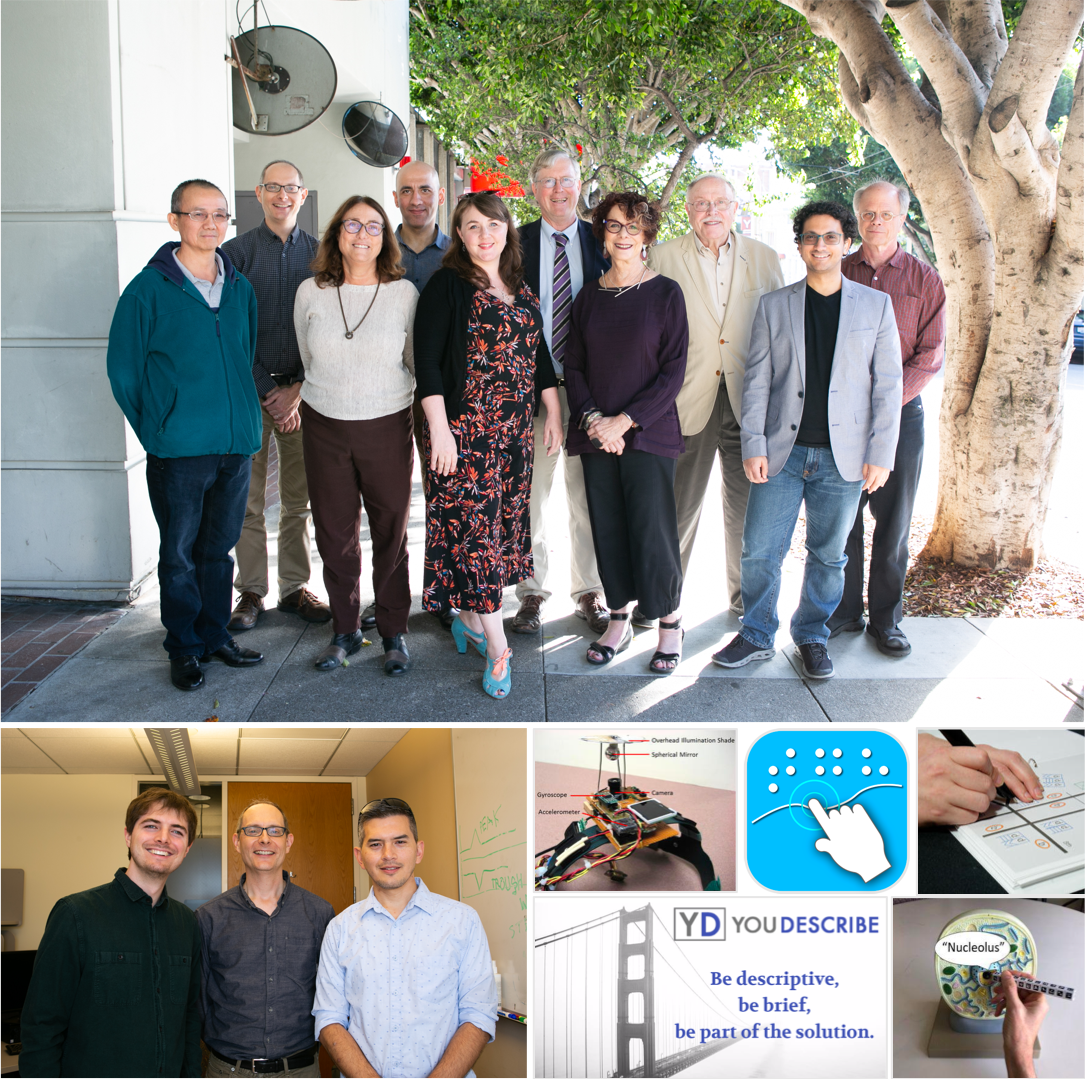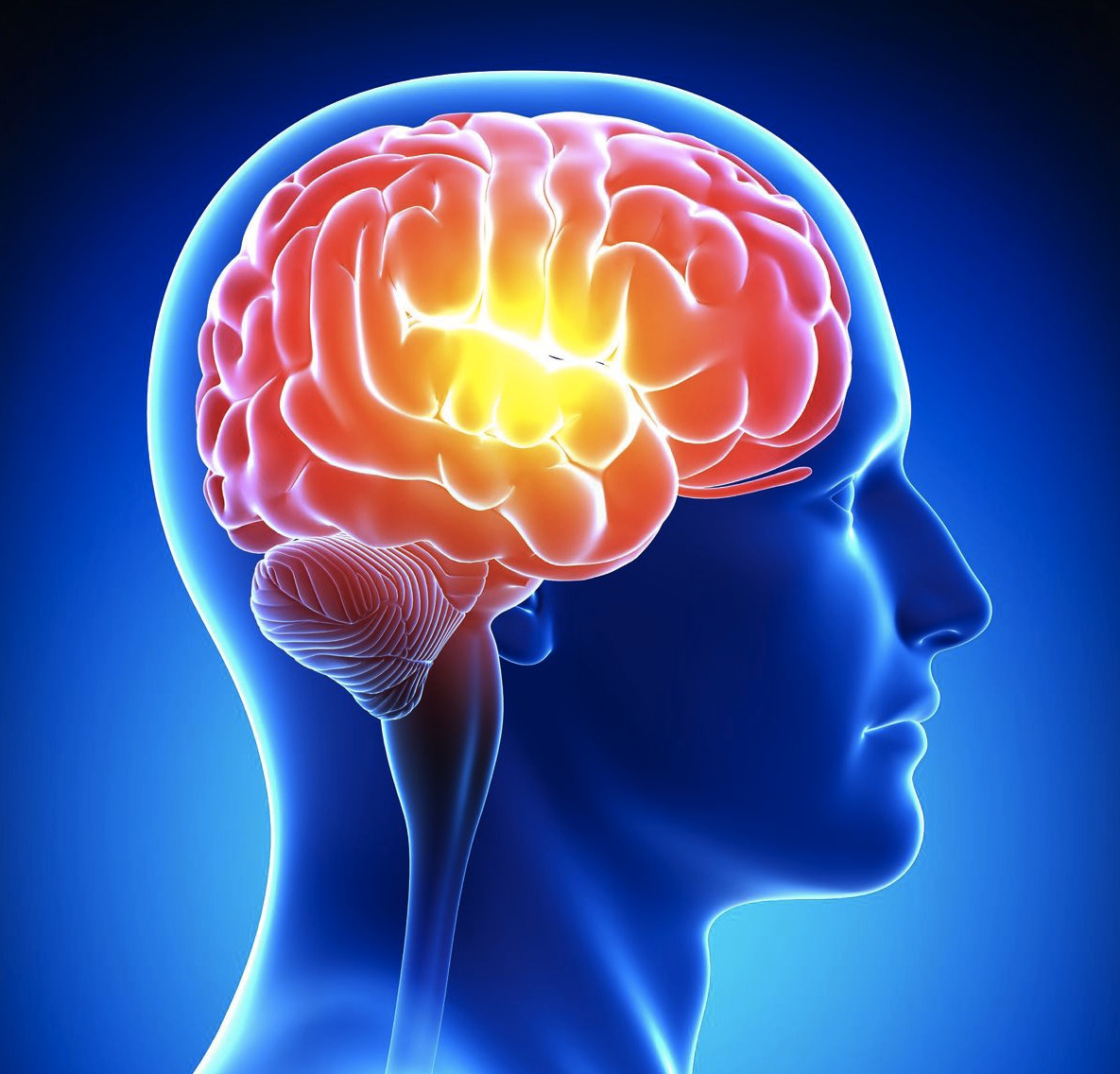Rehabilitation Engineering Research Center
The Center’s research goal is to develop and apply new scientific knowledge and practical, cost-effective devices to better understand and address the real-world problems of blind, visually impaired, and deaf-blind consumers
Smith-Kettlewell Brain Imaging Center
The Smith-Kettlewell Brain Imaging Center supports a wide variety of human brain imaging modalities, including MRI, MRI morphometry, functional MRI, fMR Iretonogrphy, fMRI dynamics, functional connectivity, Granger-causal connectivity, DTI, DTI tractography, whole-head EEG, EEG functional connectivity, ERG, EEG eye tracking, electroblepharography, etc. Our work centers on human visual neuroscience and computational vision, especially in the areas of human visual processing in adults, of the diagnosis of eye diseases and cortical deficits in infants and adults, on brain plasticity in relation…
Video Description Research and Development Center
The Smith-Kettlewell Video Description Research and Development Center (VDRDC) investigates innovative technologies and techniques for making online video more usable by blind and visually impaired students and consumers. Through collaboration with a broad array of partners and stakeholders in the Description Leadership Network, we are developing advanced video annotation methods for use in a wide variety of educational settings, as well as helping educators and other description providers make better use of the tools already available.



